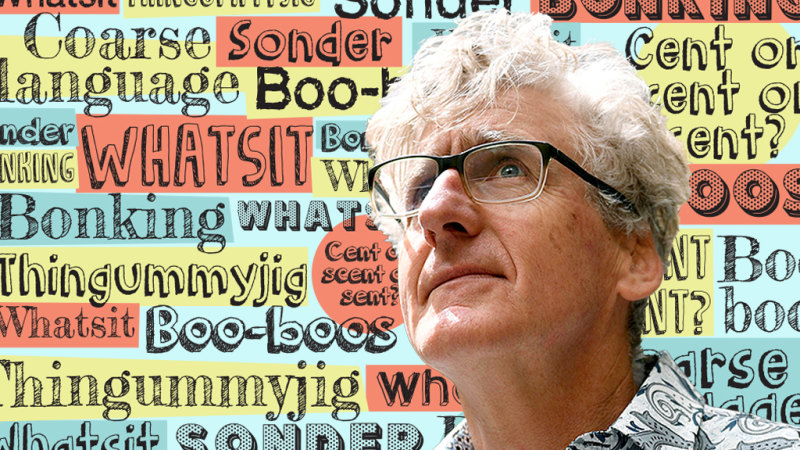
Language enthusiasts are often quick to spot errors, as seen in recent discussions about grammar and usage. A sentence from a promotional teaser for ABC’s reboot of *Bergerac* sparked a wave of commentary regarding a dangling modifier. The line read: “A widower for six months, drinking has become his means of forgetting.” This construction misleads readers into thinking that “drinking” is the widower, rather than the character, Bergerac. A more accurate phrasing would clarify: “A widower for six months, Bergerac drinks to forget.”
The issue of dangling modifiers is not new, but it remains a common pitfall in writing. Notably, columnist Kate Halfpenny fell into a similar trap in her memoir: “Growing up in a Tasmanian hotel-motel, my New Year’s Eve had a set rhythm.” This echoes the classic error exemplified in the phrase, “Walking down the street, the trees were majestic.” Both sentences, while flowing, conceal logical inconsistencies.
The significance of grammatical precision was underscored by David Field, who raised an intriguing question regarding the use of the term “data.” He noted a previous instance where he encountered the phrase “the data…suggests.” The debate centers on whether to treat “data” as a plural or singular noun. Traditionally, “datum” refers to a single fact, while “data” encompasses multiple facts. Many writers, including Field, default to using the singular verb “suggests,” leading to a broader discussion about language evolution.
In the same vein, John Alexander shared his experience of using the term “we” to refer to a football team he supports. Upon returning home from a game, he stated, “We won,” despite not being a team member. This usage reflects an inclusive identity among fans, with the term encompassing not just players but also supporters and club officials.
Another intriguing grammatical conundrum was posed by Craig McIntosh, who attended his cousin Colin’s funeral in Melbourne. He recounted explaining, “I’m Colin’s cousin from Sydney,” rather than “I was Colin’s cousin.” This raises questions about tense usage during such sensitive moments. Language expert Deb Doyle clarified that while McIntosh’s cousin had passed away, his residence in Sydney remained current. Thus, he should have used both present and past tenses: “I was Colin’s cousin [past simple]; I’m from Sydney [present simple].”
These discussions highlight the ongoing evolution of language and the balance between grammatical correctness and everyday usage. While some may adhere strictly to traditional grammar rules, others embrace the fluidity of language as it adapts to modern communication.
This exploration of language, filled with humorous examples and real-life scenarios, illustrates the importance of clarity and precision in communication. Whether through examining dangling modifiers or tense discrepancies, the pursuit of effective language continues to engage and challenge writers and readers alike.







